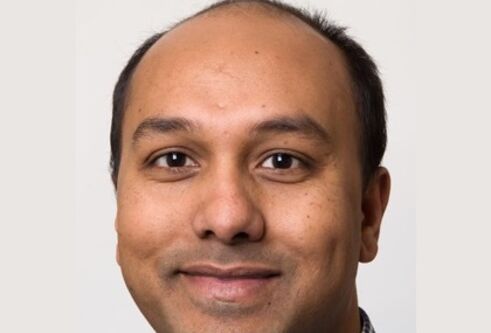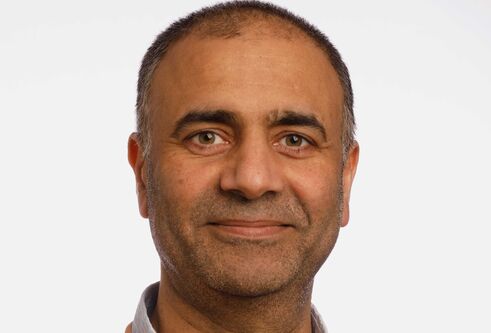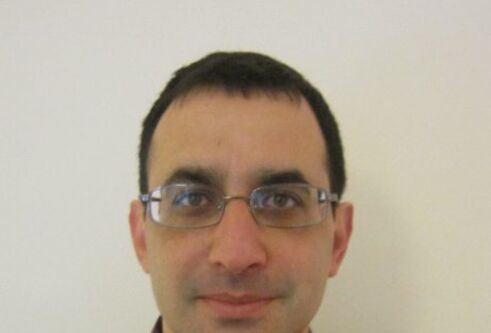PhD opportunity
A human relevant approach for postmenopausal osteoporosis drug discovery
Unfunded
31 December 2025
This PhD will harness NaviPlate—a pioneering 3D human bone spheroid drug discovery platform—to identify novel therapies for postmenopausal osteoporosis. Unlike conventional 2D cultures or animal models, NaviPlate uses scaffold-free bone spheroids derived from human dental pulp stem cells (DPSCs) to replicate native bone architecture and function. This approach aims to address the limitations of current therapies, which largely suppress bone resorption but fail to stimulate bone formation, while avoiding side effects and improving clinical translation.
Why It Matters
- Innovative Platform: Combines high-throughput screening with physiologically relevant 3D human bone models.
- Clinical Impact: Targets a leading cause of disability in postmenopausal women, with potential to improve bone strength and reduce fracture risk.
- Translational Value: Overcomes the 90% clinical trial failure rate in bone therapeutics by using predictive, human-relevant models.
Key Objectives
- Validate and optimise an osteocyte regeneration assay using NaviPlate.
- Conduct high-throughput screening to identify osteogenic compounds.
- Confirm and benchmark promising hits.
- Expand and optimise leads for potential clinical translation.
Why Choose a PhD at Dundee?
- Specialist Facilities: Work with state-of-the-art drug discovery and stem cell culture resources.
- Expert Supervision: Collaborate with leading researchers in regenerative medicine and dental stem cell biology.
- Career Prospects: Gain experience at the interface of bioengineering, pharmacology, and translational medicine.
- Global Reputation: Join a university with strong industry links and internationally recognised research.
Diversity statement
Our research community thrives on the diversity of students and staff which helps to make the University of Dundee a UK university of choice for postgraduate research. We welcome applications from all talented individuals and are committed to widening access to those who have the ability and potential to benefit from higher education.
How to apply
- Email Dr Mohammad Islam to
- Send a copy of your CV
- Discuss your potential application and any practicalities (e.g. suitable start date).
- After discussion with Dr Mohammad Islam, formal applications can be made via our direct application system.
Biology/medicine/dentistry graduates with cell culture experience preferred. Apply for the Doctor of Philosophy (PhD) degree in Dentistry


